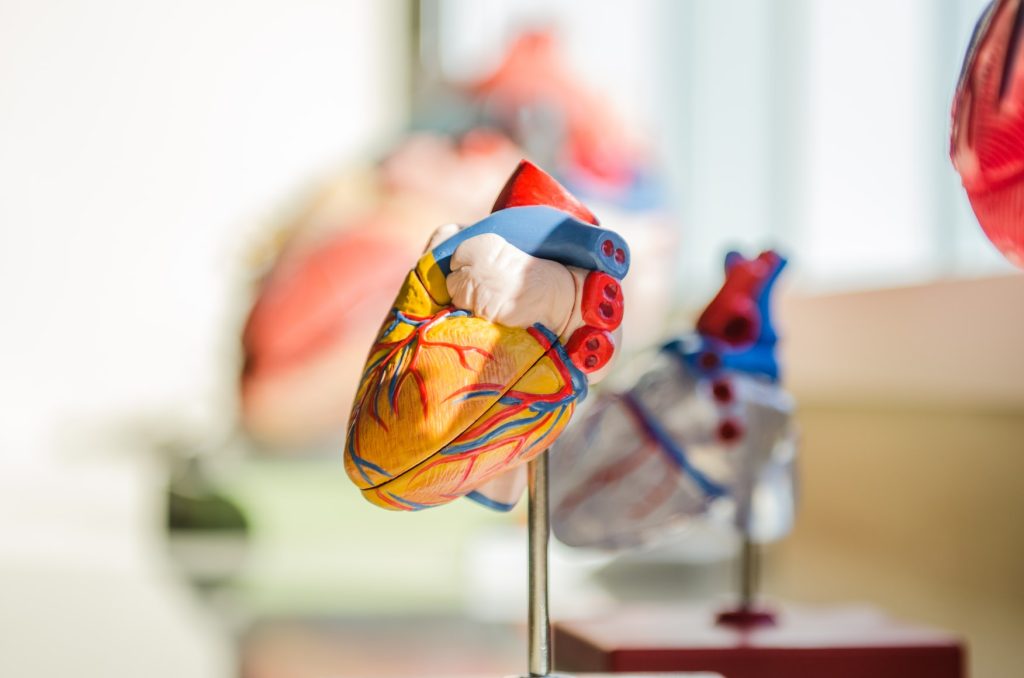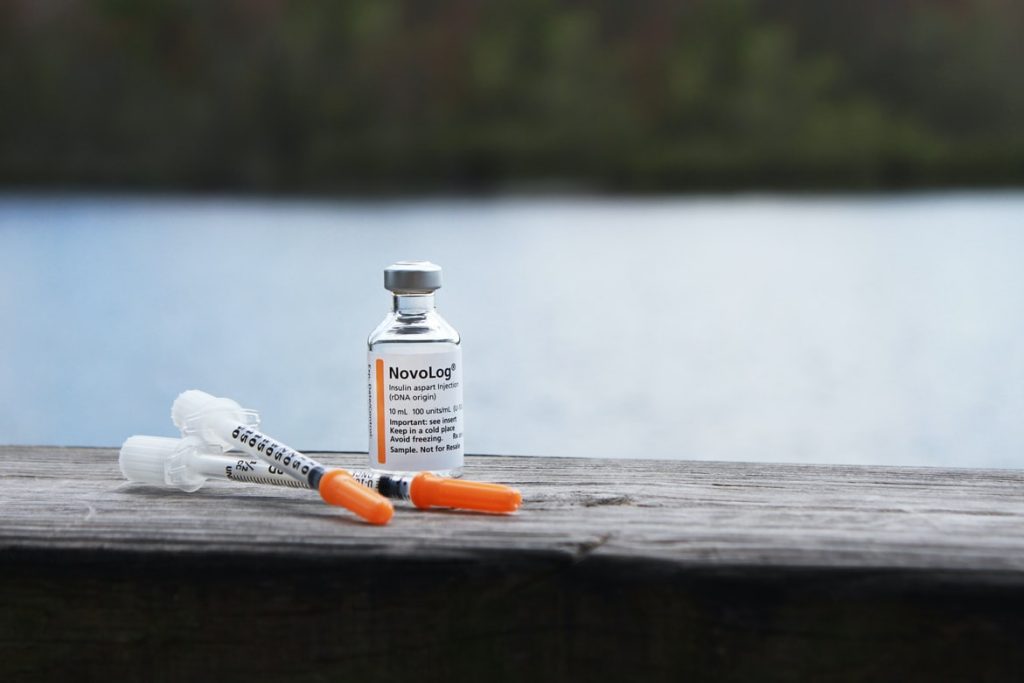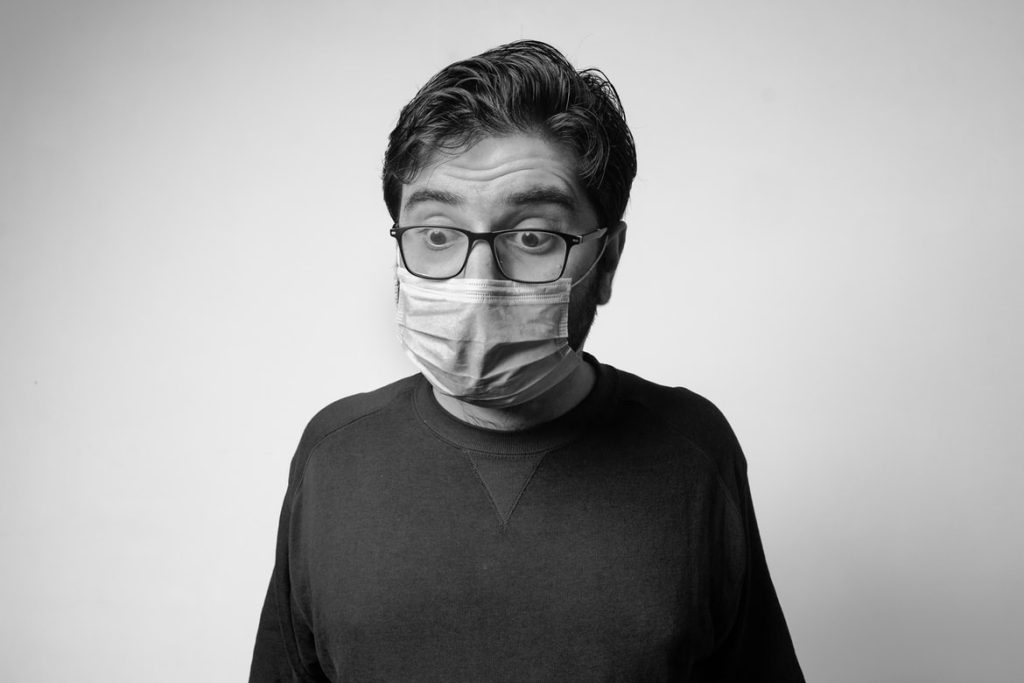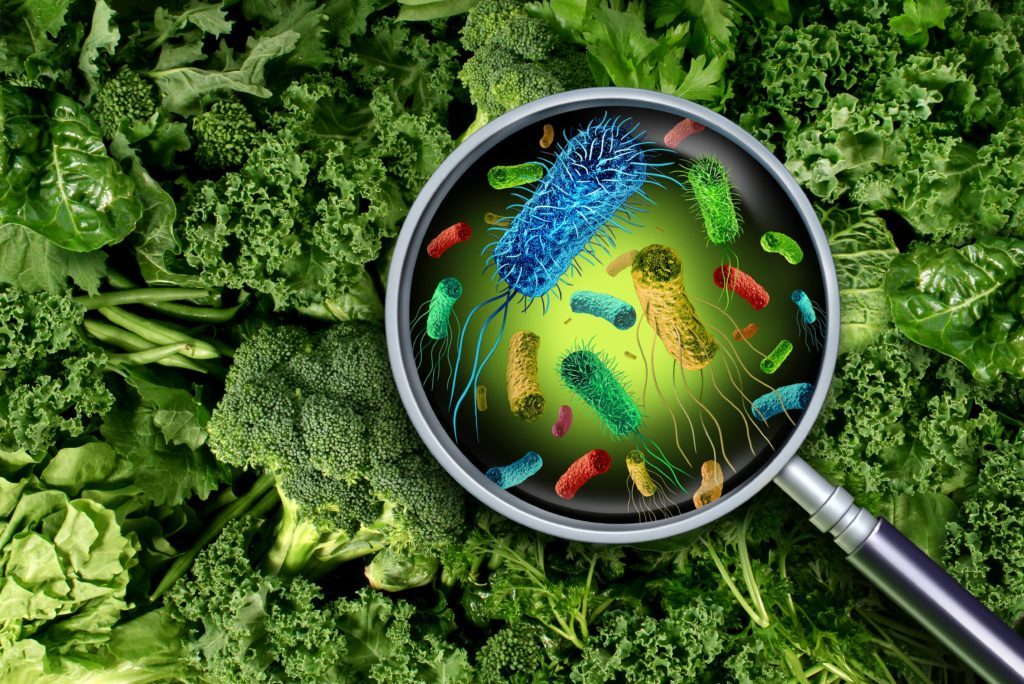
Everybody knows what is needed for a healthy body and mind, but information overload has made it difficult for people to determine which habits are most important. Many of us have good intentions about what we should be doing, yet the general consensus is that our time is so limited these days. And because of this our health declines rapidly instead of improving.
So we can’t blame you for wanting to speed up the process of getting healthy and fit. But if that is your goal, then according to a famous health and lifestyle blog Itscharmingtime.com then considering the below habits, issues and tips can help you a lot.
Table of Contents
1. Smoking

Source: unsplash.com
It is a bad habit that has been around for years. If you are a smoker, then you should stop immediately or seek help from a doctor or support group. Drugs and alcohol can be potentially dangerous to your health so try to avoid them as much as possible. Stay away from these substances if you want to have a healthy body.
2. Mobile use associated diseases

Source: unsplash.com
Yes, the mobile phone is a revolutionary device which has changed our lives. But there are some negative side effects too. It may be dangerous to your eyesight and cause cancer. So use it wisely and avoid overuse or misuse of this device―especially when you drive a car or ride a motorbike.
What are smartphone-associated diseases?
If you sit in one place for too long, then you won’t be able to have a healthy body. This will cause obesity. So try to do some exercise every day no matter how busy you are. There are many ways of doing this so find something that works best for your schedule and abilities.
However, we know that not everyone can go out and exercise. Work and university life have grown so busy that it’s hard to fit an hour of exercise into your day. Exercise is great for the body and mind, but what if you just cannot fit it into your daily schedule? This is where ‘smartphone-associated diseases’ come in.
It’s true! Smartphones are causing many people to suffer from health issues such as obesity or lack of sleep etc. And these sicknesses can be caused by our smartphone usage patterns such as playing games excessively without any breaks during the daytime, watching videos on smartphones before going to bed at night, and more…
3. Heart Diseases and Sexuality

Source: unsplash.com
Heart disease is a chronic condition that affects the cardiovascular system. The term “heart” refers to the heart muscle, and “disease” means that there is some type of problem with this important organ. Heart disease can be caused by high cholesterol levels, high blood pressure, smoking, diabetes, and stress.
Heart diseases affect about 20% of people in developed countries and more than 17 million people die annually as a result of these conditions around the world. Although it’s not an unexpected fact that those affected suffer from sexual dysfunction as well, the connection between heart diseases and sexuality has been studied only recently.
4. Nutritionist Need In Your Life

Source: unsplash.com
What do Olivia Munn, Serena Williams, and Khloe Kardashian have in common? They all look amazing. But you won’t catch them starving themselves or spending hours on the treadmill for their killer bodies. Instead, they’re eating these unexpected foods to get slim.
When it comes to losing weight, working out is only half of the equation. What you eat affects your ability to burn fat just as much as exercise does – which means the types of foods you choose are crucial when you want to drop pounds fast. Nutritionist Dana James explains how certain unexpected edibles can rev up your metabolism so that you burst fat cells while keeping calories low – so read on for her secret weapons.
Permission to snack “Snacking is a huge downfall for women,” says James. “We think we’ll skip snacks and save calories, but not eating throughout the day can actually cause our bodies to hold onto fat.” But there’s good news: it turns out the right kinds of snacks can help you burn fat. For instance, James recommends snacking on half an avocado anytime during the day because it’s chock-full of healthy fats that will keep you full until dinnertime while also priming your body to shred flab even faster. What’s more, research published in Nutrition Journal found that people who ate ¼ of an avocado with lunch reported a 40 percent decreased desire to eat for hours afterward.
5. Skin Diseases and how to avoid them?

Source: unsplash.com
Skin diseases are the most common of all medical conditions. According to WHO, over 1 billion people worldwide suffer from some form of dermatological disease or disorder at any given time. The most common skin diseases are Acne Vulgaris, Psoriasis, Skin Cancer, Contact Dermatitis, and Diaper Rashes. There are thousands of dermatologists around the world who are constantly researching these diseases to provide better treatment for their patients.
6. What is Diabetes?

Source: unsplash.com
Diabetes is the name for a problem that causes people to have higher than normal levels of sugar in their blood. This can cause problems with how your heart, eyes, and kidneys work. Diabetes also makes it more likely that you will get infections or other serious problems.
There are 2 types of diabetes: type 1 and type 2 diabetes. Type 1 diabetes happens when the body does not make any insulin at all, which means the level of blood sugar stays high. People who have type 1 diabetes need to take insulin every day for the rest of their lives to stay alive. About 10% of people who have diabetes have type 2 diabetes. With this form, even though there is enough insulin in the body at first, cells become resistant to the effects of insulin after a period of time. Type 2 diabetes can be controlled with exercise, diet, and weight loss. In more serious cases, oral medicines may also be needed to control blood glucose levels.
In Malaysia, there are no reliable statistics on how many people actually have diabetes as most people with type 2 do not know that they have it because the early symptoms are very mild. The risk of going undiagnosed is quite high especially among those who are obese and aged over 40 years old.
Most Malaysians do not realize that obesity rates among women have doubled from 8% in 1993 to 16% last year. There is a growing concern for this fast-rising epidemic as being overweight will increase their risk factor for developing diabetes as well as other life-threatening diseases such as cardiovascular disease and cancer.
7. What is Vitamin D and why it is important?

Source: unsplash.com
Vitamin D is a fat-soluble vitamin that can be found in sunscreens, fortified foods, and nutritional supplements. Though it is called a “vitamin”, Vitamin D acts more like a steroid hormone in the body. It affects practically every tissue and cell of our body, especially bones. Research shows that 1 out of 5 Americans have low vitamin D levels.
What are the harmful effects of Vitamin D deficiency?
Vitamin D is crucial for the development of strong bones, but its importance doesn’t stop there. A lack of it causes the body to have too much parathyroid hormone which causes loss of bone mass, softening of the bones (osteomalacia), and increased risk of fractures. Vitamin D may be important for colon, prostate, and breast cancer prevention because it reduces cellular proliferation; helps the immune system fight infections; and decreases inflammation. Vitamin D is also very important for muscle function (including neuromuscular function), cardiovascular health, protection against diabetes type 1 and 2, auto-immune diseases, chronic pain, and depression. There is also evidence that it helps protect against neurodegenerative diseases such as Alzheimer’s disease.
8. Why Getting enough sleep is important?

Source: unsplash.com
Having sleep deprivation can lead to serious problems such as heart disorders, diabetes, and obesity. Sleep deprivation has been linked to an increased risk of cancer, high blood pressure, and Alzheimer’s disease.
It is important that you get enough sleep to allow your body to recharge and function properly. You’ll be able to enjoy a higher quality of life when you get enough sleep.
Having quality sleep is important even if you don’t feel like it’s making a big impact on your day-to-day activities. However, it is something that can affect others around you in both positive and negative ways. Getting the right amount of sleep every night allows you to function throughout the day.
9. What are Infections and how to treat them?

Source: unsplash.com
Infections are illnesses that spread from one person to another through direct or indirect contact. According to the World Health Organization (WHO), infections account for 38% of all deaths, especially those caused by respiratory and diarrheal diseases. However, the bulk of deaths due to infection occur in developing countries where access to medical treatment is limited or non-existent.
Some types of infections are curable while others have no known cure yet. Infectious diseases can be treated using antibiotics, antiviral drugs, antifungals, antiparasitics, and other medications depending on the type of microorganism causing it. Some infections cannot be cured but they can be treated symptomatically with painkillers, breathing support machines, and blood transfusions.
10. What are Foodborne illnesses?

Source: silestoneinstitute.com
Food-borne illness is an infection caused by food or beverages that contain harmful bacteria, parasites, viruses, or chemicals. Public health officials estimate more than 76 million cases of food-borne illness occur each year in the United States. Most food-borne illnesses are never reported because most people don’t link their symptoms to a contaminated meal.







